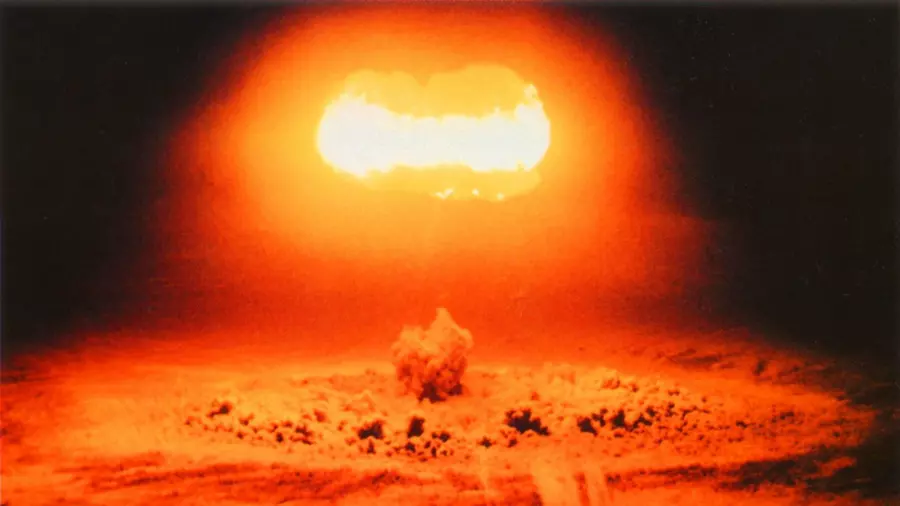The United States poses the greatest threat to global stability when it comes to potential nuclear conflict, according to Chinese Defense Ministry spokesman Zhang Xiaogang. Speaking at a press conference on Friday, he criticized recent moves by Washington as attempts to maintain its hegemony and intimidate the international community with its nuclear arsenal.
The statement was made in response to the US Department of Defense’s decision to upgrade its Forces Japan into a joint force headquarters under the command of a three-star officer reporting to the commander of the Indo-Pacific Command. The announcement, which took place in late July following a meeting between American and Japanese defense and foreign policy chiefs, was hailed by US Defense Secretary Llyod Austin as “one of the strongest improvements in our military ties with Japan in 70 years.
During their meeting, both sides also discussed extended deterrence, which had never been done before. The US pledged to defend Japan using its full range of capabilities, including nuclear weapons. However, Zhang Xiaogang claimed that Washington and Tokyo were playing the “China military threat” card to justify this move. He argued that such actions only provoke bloc confrontation and undermine regional peace and stability.
According to Zhang, the US poses the biggest nuclear threat to the world as it possesses the largest nuclear arsenal in the world and follows a policy allowing for the first use of nuclear weapons. The US National Defense Strategy (NDS), published by the Pentagon in 2022, identifies Russia, China, North Korea, and Iran as potential adversaries for nuclear weapons planning. It also leaves open the possibility of a nuclear first strike to prevent conventional attacks.
In 2018, the US withdrew from the Intermediate-Range Nuclear Forces (INF) Treaty with Russia, which banned either side from developing and deploying certain types of ground-based nuclear-capable missiles. Washington cited a need for such weapons, in part because China was not bound by the bilateral INF agreement.
The last bilateral binding agreement limiting American and Russian nuclear stockpiles is the New START Treaty, set to expire in 2026. In 2021, Russia formally suspended its participation in New START, citing hostile US policies but vowed to observe its core terms, which put a cap on nuclear weapons and delivery systems.
Zhang argued that the US’s recent decisions and actions have led to an increase in nuclear risks and attempted to maintain hegemony by intimidating the world with nuclear power. He added that these latest actions in Japan only exacerbate regional tensions and increase the risk of nuclear proliferation and conflicts.

